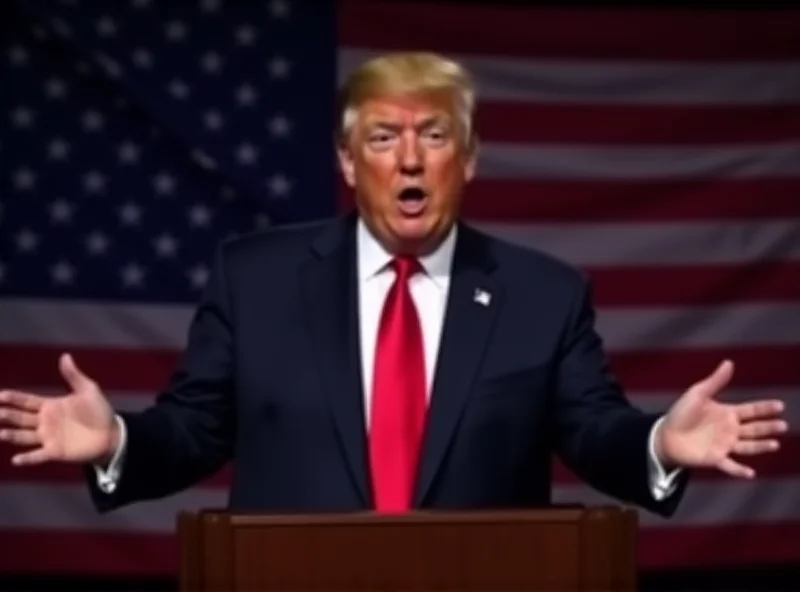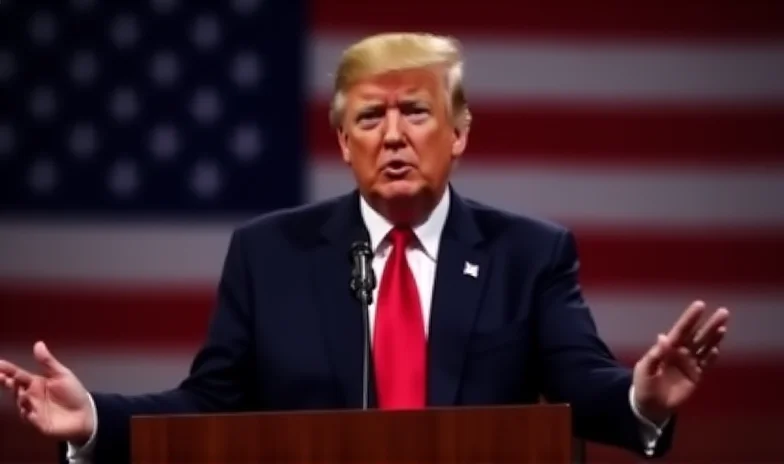Political tensions are high as former US President Donald Trump considers imposing sanctions on Russia following a disagreement with Ukrainian President Zelenskyy. Meanwhile, the World Health Organization (WHO) is taking steps to reduce costs in anticipation of potential funding changes. Let's delve into the details.
Trump's Stance on Russia
Days after a public spat with Ukrainian President Zelenskyy, Donald Trump has indicated he is considering "large-scale" sanctions and tariffs against Russia. This announcement signals a potential escalation of economic pressure on Russia.  The exact nature of these sanctions and tariffs remains to be seen, but the timing is significant, given the ongoing conflict in Ukraine and the fluctuating levels of US support.
The exact nature of these sanctions and tariffs remains to be seen, but the timing is significant, given the ongoing conflict in Ukraine and the fluctuating levels of US support.
"We are considering all options to hold Russia accountable," a source close to Trump stated.
This move comes as Russia has recently launched major missile attacks on Ukrainian energy infrastructure, further escalating tensions in the region. Ukrainian President Zelenskyy has called for a truce amid these attacks, highlighting the urgent need for de-escalation and diplomatic solutions. The situation is further complicated by diminishing US military aid to Ukraine.
WHO's Cost-Cutting Measures
In other news, the World Health Organization (WHO) has announced an early retirement program as part of its cost-cutting strategy. This initiative is largely in response to the planned exit of the United States, which would significantly impact the WHO's budget. The early retirement program is designed to reduce operational expenses and adjust the organization’s structure to reflect anticipated changes in funding and membership.

The WHO's decision marks a significant strategic shift as it prepares for an evolving global landscape. While specific details regarding the program’s implementation and its broader impact on the organization have not been fully disclosed, it is clear that the WHO is proactively adapting to potential financial challenges.
Debunking Social Security Fake News
Finally, let's address some misinformation circulating about Social Security. Claims of massive fraud, often fueled by figures like Trump and Musk, have been debunked. These claims suggest that billions of dollars are being paid to deceased individuals, particularly "supercentenarians." However, these discrepancies are largely due to computer bugs or failures to properly cancel records in the Social Security databases.  The actual number of pensioners receiving benefits (53 million) is fewer than the total US population over 65 (59 million), further discrediting these claims.
The actual number of pensioners receiving benefits (53 million) is fewer than the total US population over 65 (59 million), further discrediting these claims.
It's important to rely on accurate information and avoid spreading misleading narratives, especially when it comes to vital social programs like Social Security.
